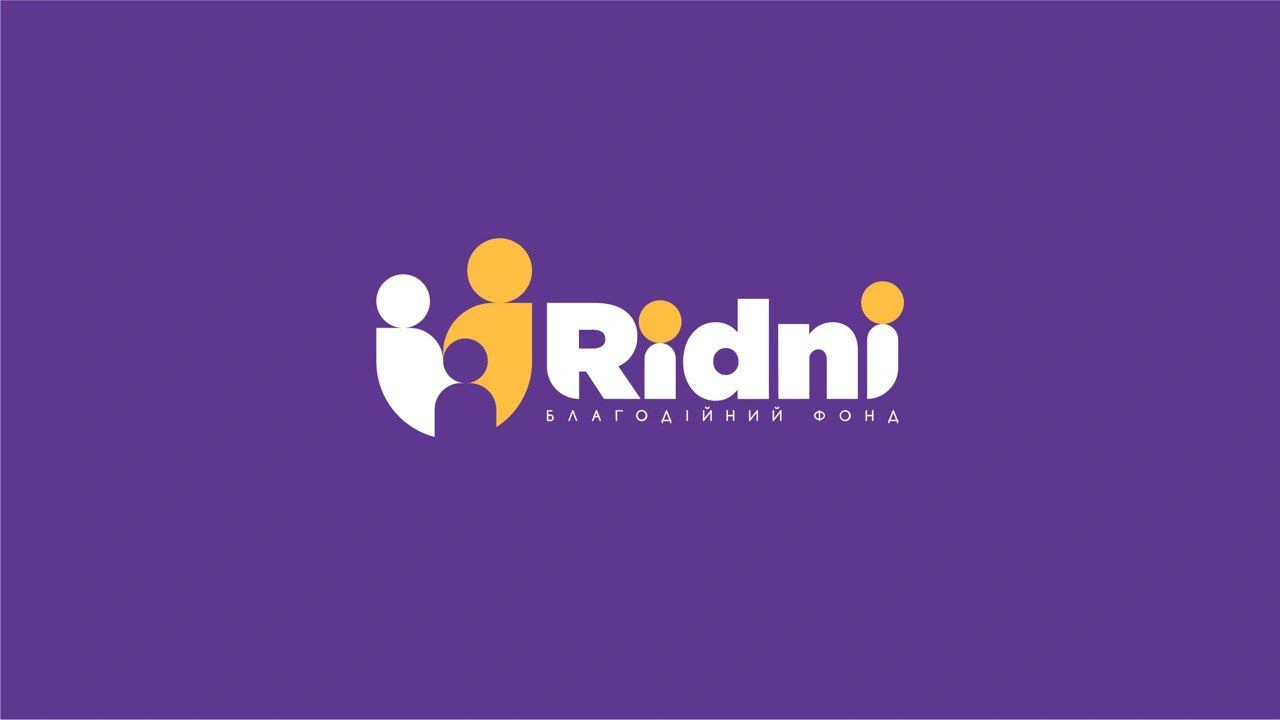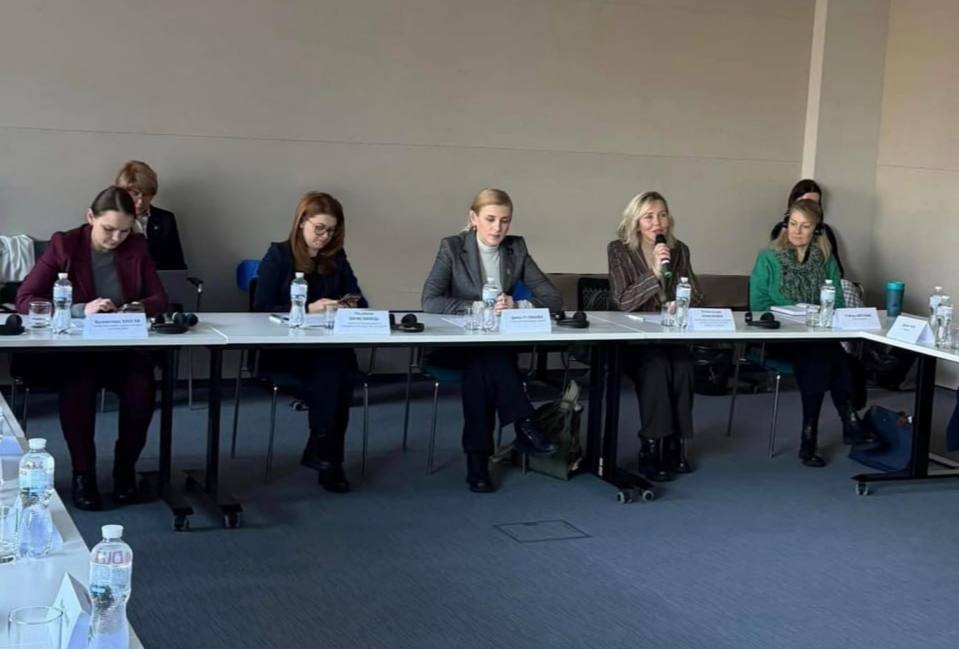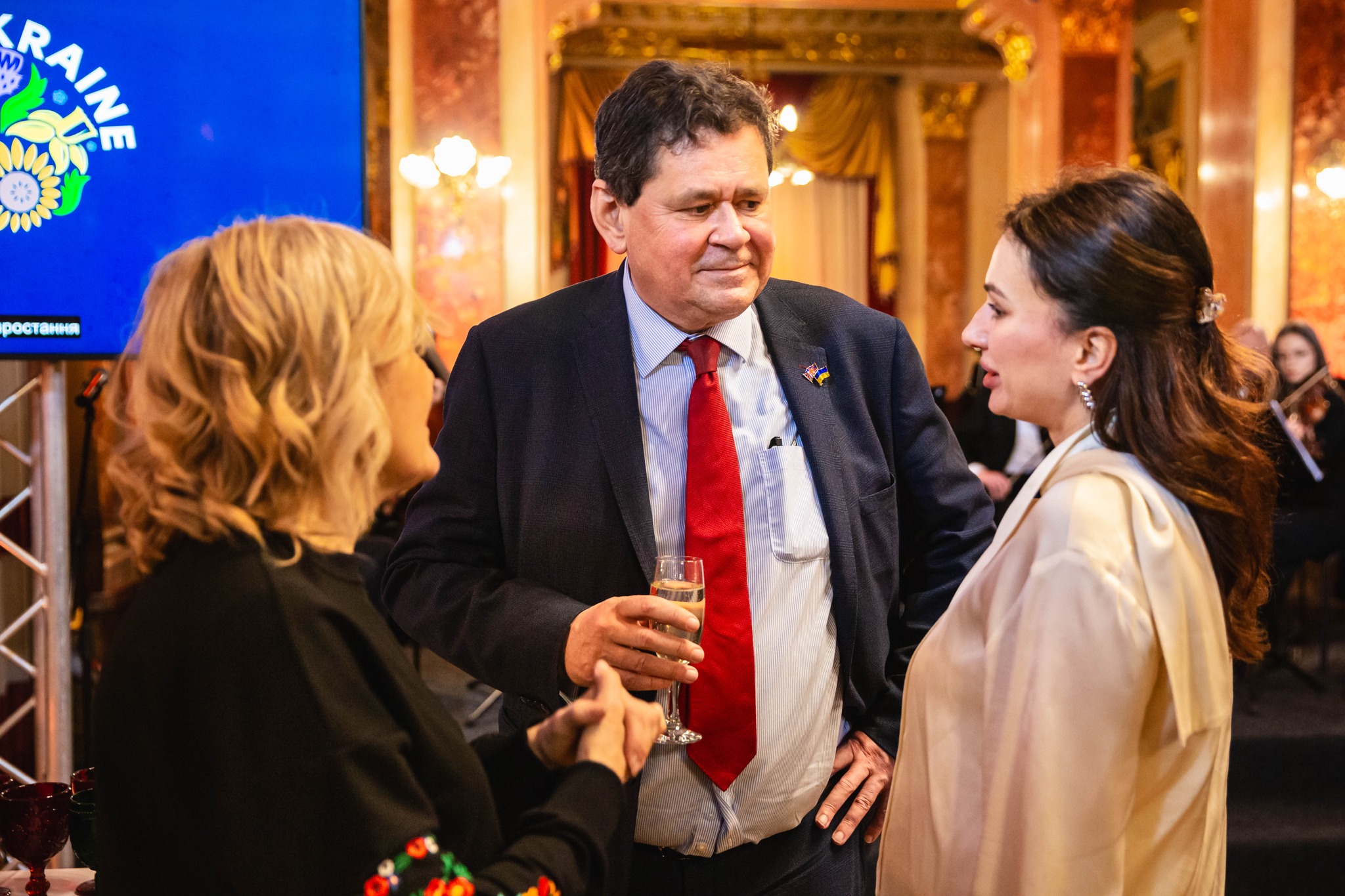Even during wartime, Ukrainians continue giving children what they need most — a true home. Adoption has not stopped, and the numbers prove it: in 2023, there were about 925 adoptions in Ukraine; in 2024 – already over 1,270, and as of September 2025 – 770 adoptions have been completed. Furthermore, 260 cases are under judicial review (source: State Service of Ukraine for Children, Petro Dobromilskyi).
Even before the full-scale invasion, Ukraine’s adoption system needed reform. Now, it faces new challenges. Has the adoption process changed during the war? What difficulties do prospective adoptive parents face? What rules are currently in place, and has everything become more complicated? In this blog, we explain how to adopt a child in Ukraine today, and for the duration of martial law.

Who can become an adoptive parent
Ukrainian citizens aged 21 and over may adopt. Prospective adoptive parents must pass checks of their financial and living conditions, demonstrate psychological readiness, and have no criminal record. Importantly, the age difference between the adoptive parent and the child must be at least 15 years. There is no limit to the number of children one person can adopt.
One of the mandatory requirements now is residence on territory under the control of the Government of Ukraine. Ukrainian citizens who permanently live abroad or who are currently on temporarily occupied territory cannot be adoptive parents. Citizens of a state-aggressor and/or a state subject to sectoral sanctions imposed by Ukraine are not permitted to adopt. Foreigners may only adopt if they are relatives of the child (Source).
International adoption is suspended during wartime, as it’s currently impossible to conduct a full check of candidates and guarantee the child’s safety (Source).
Who can be adopted
Children who are orphans or who have been deprived of parental care are eligible for adoption. This includes infants and teenagers — the key requirement is official documentary confirmation of the child’s status.
During the war, not all children who are effectively without care can immediately obtain the appropriate status. If parents are missing or are in occupied territory, the process of establishing the child’s legal status takes longer. Due to this, Child Services carry out additional checks, which can delay the start of the adoption process.
What documents are required to become an adoption candidate
The list of required documents is clearly defined: a passport, identification code (tax ID), income statement, proof of homeownership or tenancy, medical certificates, a certificate of no criminal record, marriage certificate, consent of the second spouse if one spouse is adopting, and an application for registration as a candidate for adoption.
During wartime, Ukraine is actively implementing digitalization to ease the bureaucratic process. Through the Unified Information and Analytical System “Dity” (“Children“) and the Diia portal, prospective adoptive parents can apply for a consultation (the “Adoption“ service) and submit an application for registration as adoption candidates. Some necessary certificates are automatically generated by the “Dity” system using data from state registries. This significantly speeds up the verification process and eliminates the need to physically collect these documents. All documents received during the process (for example, proof of completing preparatory courses) are automatically displayed in the applicant’s personal electronic cabinet.
If you are wondering how to adopt a child right now, the first step is to familiarize yourself with the list of documents you need to prepare.
Procedure and duration
(from application submission to court decision)
The adoption process can take several months and often depends on how closely candidates’ expectations align with the actual situation of children available for adoption. During wartime, digitalization is gradually simplifying the bureaucracy. Since 2022, Ukraine has been introducing an electronic registry of candidates and children. Although the adoption process is clearly defined, it requires patience on the part of the adoptive parents.
How military personnel can adopt a child
Military personnel have the same rights to adoption as any other citizens, with no additional restrictions. The Child Services pay special attention to ensuring safety and proper care for the child. A soldier’s official income usually confirms their financial capacity to provide for a child. However, due to the specifics of military service, especially in the combat zone, the court may place a particular emphasis on assessing their ability to provide the child with a stable and nurturing environment. If the service member is frequently on missions or absent for long periods, it is crucial to prove that another adult (such as a spouse or a relative) will be able to care for the child during their absence.
Consent of biological parents and relatives: what to do if they are missing or in occupied territory
If a child’s biological parents or relatives are missing or located in temporarily occupied territory, their legal status must be established. The fact of being missing is determined by the court. Based on a decision by the guardianship authority, the child may be recognized as deprived of parental care. Only after the child officially receives the status of an orphan or a child deprived of parental care can adoption take place (in accordance with the Law of Ukraine “On Child Protection“).
Rights and responsibilities of adoptive parents
The main rights and responsibilities are defined by the Family Code of Ukraine: providing upbringing, meeting the child’s needs, and access to state assistance. Enhanced state control
applies in cases of guardianship during evacuation or relocation, as these require additional
approvals from the relevant services (source: Family Code of Ukraine).
Additionally, once the court decision on adoption enters into legal force, adoptive parents are entitled to a one-time paid leave as well as state assistance upon the adoption of a child (sources: Family Code of Ukraine; Law of Ukraine “On State Assistance to Families with Children”).
Psychological readiness and state support
for candidates
Prospective parents must complete training at the Center for Social Services. These courses are a prerequisite for obtaining candidate status. In today’s reality, special attention is paid to topics such as war trauma, the adaptation of IDP children, and supporting those who have lost their parents. There is also a state support program for adoptive families that provides psychological counseling and support for adoptive families (Source: National Social Service of Ukraine)
Where to find up-to-date and verified information about adoption during the war
The main sources of official information are the website of the Ministry of Social Policy and local Child Services offices.
In addition to these, there is a Unified State Platform for Adoption and Family-Based Care. The government is working on improving the electronic system “Dity“ — a database of children eligible for adoption and registered candidates.
There is also an adoption hotline operated by Ridni Foundation, where you get expert advice
and learn step by step how to adopt a child in Ukraine during wartime, taking into account
all possible challenges.
Development Strategy
In 2022, Ukraine approved the National Strategy for Deinstitutionalization and Support for Orphaned Children. It aims to promote family-based care (adoption, guardianship, foster families, and family-type children’s homes) instead of institutional care.
The Strategy also focuses on ensuring transparency of electronic adoption registries, providing psychological support to children affected by war, and simplifying access to information for potential adoptive parents.
The ultimate goal is to make the adoption process during the war accessible and safe for every child.
Conclusions
Adoption during the war is an act of profound responsibility and resilience. Despite all the challenges, Ukrainians continue to give children a true home. Before the full-scale invasion, the main obstacles were bureaucracy and lengthy procedures — today, they are joined by critical issues of child safety. The suspension of international adoption particularly underscores the priority of protection and control.
At the same time, Ukraine is actively adapting its system to new realities, making it more transparent and secure: expanding the national database, implementing family support strategies, and developing psychological and advisory services.
Yet one thing remains unchanged: every child deserves love, safety, and a family that becomes their source of strength — even in the hardest of times.






